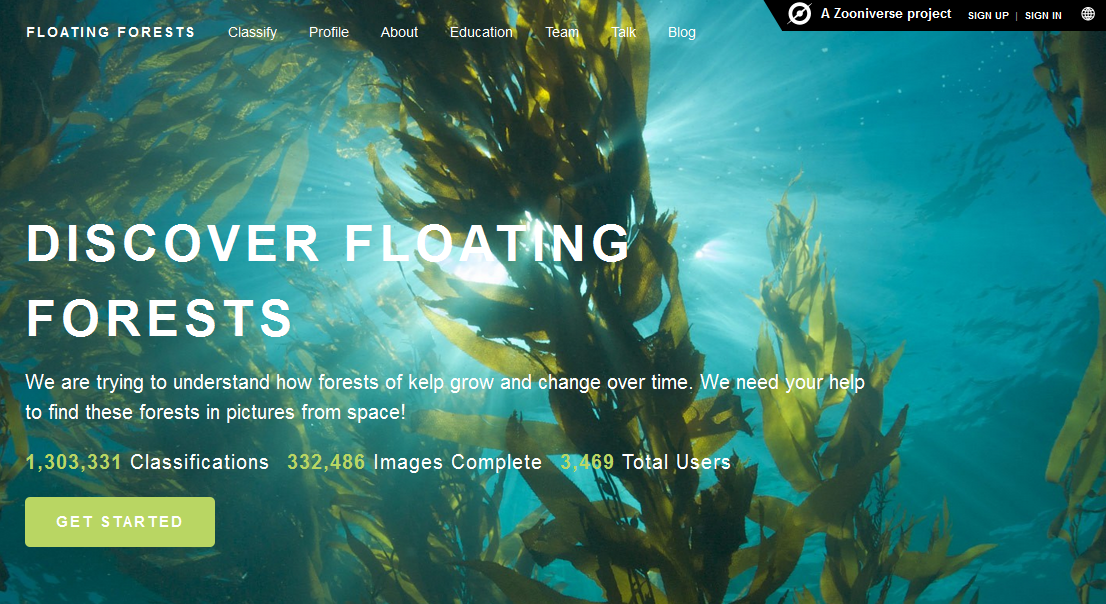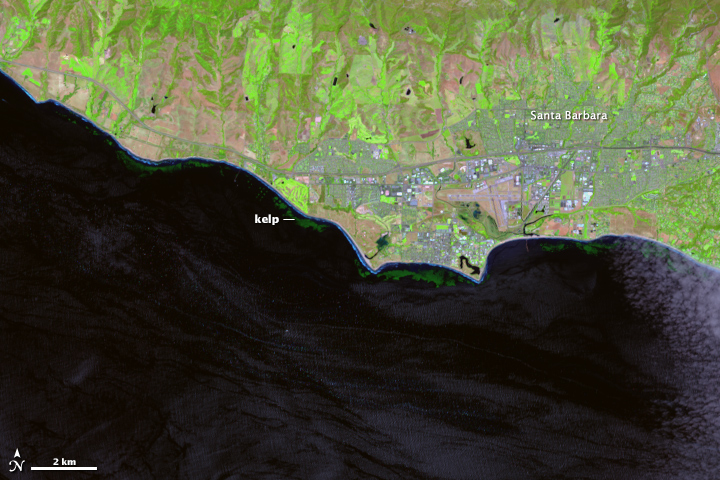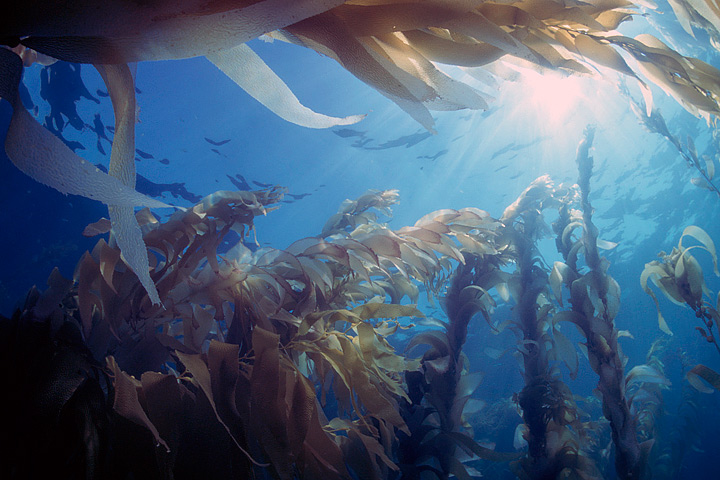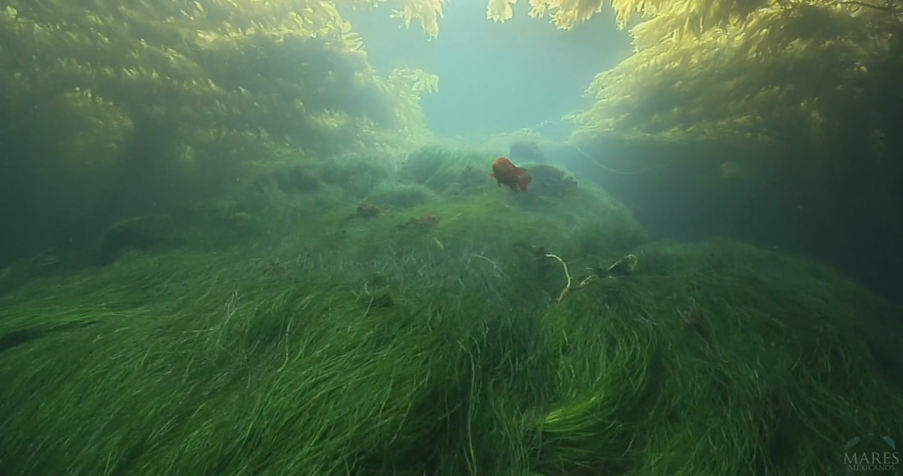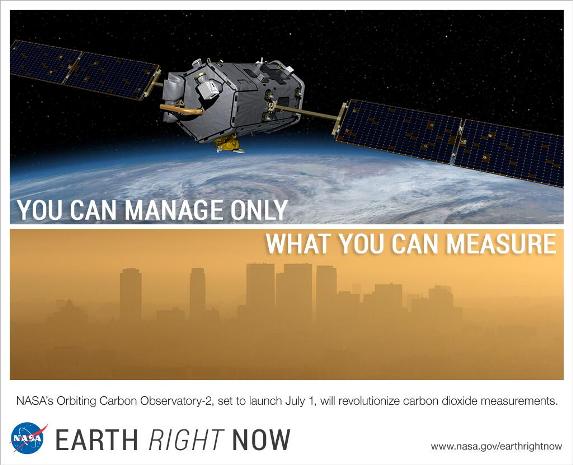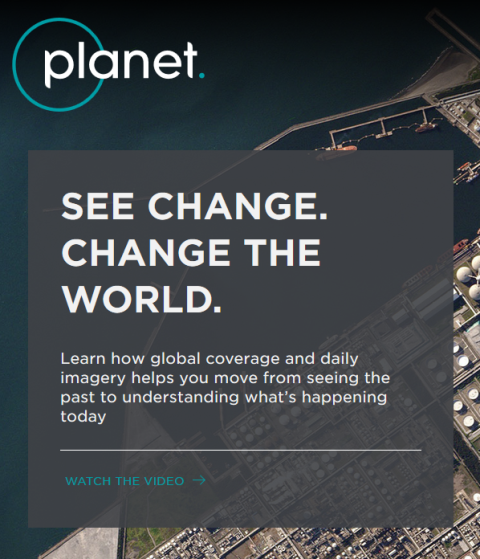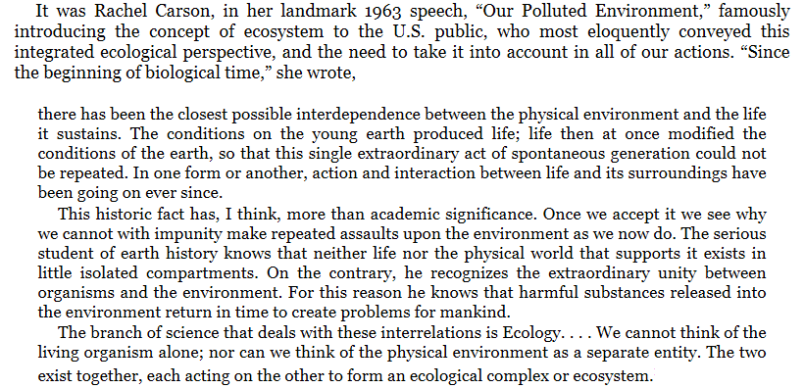Planet Citizens, Planet Scientists
Continuing as GreenPolicy360 "Planet Citizens, Planet Scientists", we look at "tiny little ones", microscopic ocean life
- "A single kind of blue-green algae in the ocean produces the oxygen in one of every five breaths we take"
- ~ from "The World Is Blue: How Our Fate and the Ocean’s Are One" by Sylvia Earle / National Geographic
"The Tiny Little Ones - Plankton"
- "Ecosystems of the Sea"
It is estimated that marine plants produce a high percentage of the oxygen in the atmosphere
- Nearly all marine plants are single celled, photosynthetic plankton-algae
○ ○ ○ ○ ○ ○ ○ ○ ○ ○ ○ ○ ○ ○ ○ ○ ○ ○ ○ ○ ○ ○ ○ ○ ○ ○ ○ ○ ○ ○ ○ ○ ○ ○ ○ ○
Trees of Life -- We look at 'floating ocean forests' as we consider connections between oceans, atmosphere-oxygen-climate, food-chains and fisheries, science and sustainability policies...
Join in as a Planet Citizen, Planet Scientist to keep the oceans healthy
Take a look at the newly launched 'Floating Forest Project'' -- http://www.floatingforests.org/
Here's the Invitation from the Floating Forest website:
Citizen scientists are recruited via the Internet and are given instructions in how to hunt for giant kelp via satellite imagery.
They (you) are then given Landsat images and asked to outline any giant kelp patches that they find.
Findings are crosschecked with those from other citizen scientists and then passed to the Floating Forest science team for verification.
The size and location of these forests are catalogued and used to study global kelp trends.
As of January 11, 2015, more than 3,400 citizen scientists had joined up to look for kelp in 328,000 Landsat images...
○
GreenPolicy believes this is a planetary moment to jump, do it, sign up, help out!
Put a toe in first, test the waters (the water's fine) -- it could be time to become a "planet citizen, planet scientist"
Floating Forests - Earth Observatory/NASA-Landsat
Origin of Floating Forests Project
○ ○ ○ ○ ○ ○ ○ ○ ○ ○ ○ ○
Landsat 8 detects near-infrared wavelengths of light to spot & monitor offshore kelp forests (NASA Earth Observatory image)
○ ○ ○ ○
○ ○ ○ ○ ○ ○ ○ ○ ○ ○ ○ ○ ○ ○ ○ ○ ○ ○ ○ ○ ○ ○ ○ ○ ○ ○ ○ ○ ○ ○ ○ ○ ○ ○ ○ ○ ○ ○ ○ ○ ○
"Kelp are the world’s largest marine plants, they regularly grow up to 35 meters (115 feet) tall
We are dependent on marine algae for every breath we take
"Breathe in. A conservative 70% of the life-sustaining oxygen in that breath came from marine algae.
Marine algae; the plant-like material of our oceans that ranges in size from the phytoplankton, to the giant kelp species that provide habitat as ocean forests.
These organisms are also attempting to scrub away the devastating impacts of our fossil fuel addiction, photosynthesizing carbon dioxide into oxygen and serving as carbon sinks.
Life on earth simply could not survive without marine algae and this conclusion is valid even without considering their role as the basis of ocean food webs..."
○ ○ ○ ○ ○ ○ ○ ○ ○ ○ ○ ○ ○ ○ ○ ○ ○ ○ ○ ○ ○ ○ ○ ○ ○ ○ ○ ○ ○ ○ ○
Help with the Kelp, Join in -- Be a Planet Citizen, Planet Scientist
Floating Forests - Earth Observatory/NASA-Landsat
Origin of Floating Forests Project / 2014
○
Overall, the production of oxygen in the oceans is at least equal to the production on land, if not a bit more. Plants on land are easy to spot. Plants in the ocean are a bit more difficult to see..
There are more than 7,000 (so far identified) different species of algae. Most live in the oceans, but they also live in fresh water and even on land. Also, algae produce about 330 billion tons of oxygen each year.
More on Algae -- a Algae database, as scientists are at a first-stage of identifying sea-life
○
After a recent meeting on connections of kelp forests and climate change, researchers Byrnes, Cavanaugh, and other colleagues set out to consolidate all of the available kelp forest data from around the world. They wanted to take a step toward understanding how climate change is affecting kelp globally, but they quickly discovered they had a sparse patchwork of information.
"Byrnes was struck with a thought. They had used Landsat to expand their studies across time, so why not use Landsat to expand their studies around the world? Could Landsat be used to establish global trends in kelp forest extent? The answer was yes, but the problem was eyeballs."
"Unlike research on terrestrial vegetation — which uses Landsat data and powerful computer processing arrays to make worldwide calculations — distinguishing kelp forests requires manual interpretation. While kelp forests pop out to the human eye in near-infrared imagery, computers looking at the data numerically can confuse kelp patches with land vegetation. Programs and coded logic that separate aquatic vegetation from land vegetation can be confounded by things like clouds, sunglint, and sea foam..."
Byrnes and Cavanaugh put together a team and joined with Zooniverse that connects professional scientists with citizen scientists in order to help analyze large amounts of data. The result was the Floating Forests project.
Floating Forests, Kelp & Seagrass (video)
- (Music by Philip Glass... Flow with the Currents)
○ ○ ○ ○
GreenPolicy's network of websites includes:
Earth Point of View --- www.earthpov.com
Planet Citizen --- www.planetcitizen.org / www.planetcitizens.net
Thin Blue Layer --- www.thinbluelayer.com / Tiny Blue-Green --- www.tinybluegreen.com
Environmental Security / Strategic Demands - Environmental Security / New Definitions of National Security
Green Policy-Facebook --- GreenPolicy-Google+ --- GreenPolicy-Twitter
Digital Rights/OpenData OpenGov
GreenLinks -- Linking to Green Best Practices
○
Visit Green Policy pages
Micro-Satellites: A "New Space" era launches... Earth Imaging, Earth Science
- A First Open-Access Planet API
○ ○ ○ ○ ○ ○ ○ ○ ○ ○ ○ ○ ○ ○ ○ ○ ○ ○ ○ ○ ○ ○ ○ ○ ○ ○ ○ ○ ○ ○ ○ ○
Planet Citizen / #PlanetCitizen
GreenPolicy360 / #Earth360 / #EarthImaging / #EarthMonitoring
#EarthObservations / #EarthScience /
#EarthPOV / Earth Point of View
○ ○ ○ ○ ○ ○ ○ ○ ○ ○ ○ ○ ○ ○ ○ ○ ○ ○ ○ ○ ○ ○ ○ ○
|
|
○
- Air Quality
- Atmospheric Science
- Biodiversity
- Biosphere
- Citizen Science
- Clean Air
- Clean Water
- Climate Change
- Climate Policy
- Digital Citizen
- Earth360
- Earth Observations
- Earth Science
- Earth Science from Space
- Ecology Studies
- Environmental Security, National Security
- EOS eco Operating System
- Global Warming
- Land Ethic
- Natural Capital
- Natural Resources
- Oceans
- Ocean Ecosystem
- Ocean Science
- Planet API
- Planet Citizen
- Planet Scientist
- Planet Citizens, Planet Scientists
- Resilience
- Sustainability Policies
- US Environmental Protection Agency
- Water Quality
